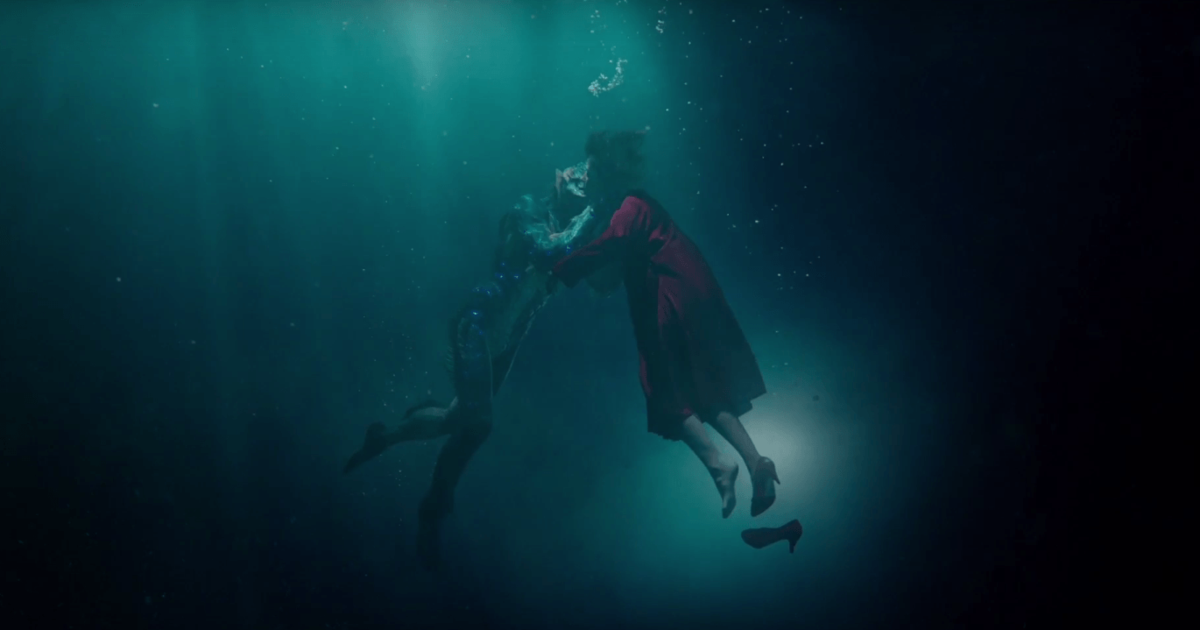In his latest and intended to be final book Last Letter to a Reader, the Australian writer Gerald Murnane offers an amazing notion that a well-told story doesn’t tell you only what may have happened, but shows you what it is like to know that such a thing may have happened.
This is at the heart of our culture’s current troubled experience of what I call story-bombardment. We don’t just know the story being told (whether or not it's the truest version of the story), but we also experience knowing what it is to know that this story may have happened.
We are exposed to more stories, more kinds of stories, and stories about more kinds of things than any generation in history; and without the filters of the past, we've all seen and heard things that we don’t know how to handle. Whether or not those prior filters (parents, clergy, politicians, publishers and editors, news presenters) were the best possible version is another matter; but we all know that there’s a paradox in the experience of storytelling most of us are confronted with, although we may not be confronting it: we have access to more information than ever, but are also more responsible than ever for our own conscious interpretation of that information.
Without wise story-keepers, mediators, teachers, initiators we won’t know what to do with either the content of the story we’re hearing or reading, or with the fact that we now have to deal with knowing that such a thing may have happened.
So it seems to me that we need a few things:
1: To decide whether we find this idea compelling, and if we do:
2: To step back and ask ourselves:
* Who can help us discern the truthfulness, helpfulness, and wisdom of the stories we hear or read?
* How do I currently experience stories, and what could be the wisest way to continue?
* What are the dominant stories in and of my life?
3: Then to discern some practices that help us know
* Who I am in relation to the stories I’m telling and imbibing
* The wisdom, truth, and helpfulness of stories
* The stories I am called to tell
I was glad to participate in a conversation with Mike Morrell about these questions, as part of the Shift Network’s recent Mystics Summit. I find the term “summit” a bit of a paradox when it comes to mysticism - the path of mysticism is really about growing down, not up; but then again, lots of mystics seem to have lived on mountaintops! And I don’t think I belong on a list of Mystics - at least not Mystics with an uppercase “M” - but as long as we're exploring this terminology in the context of what might be life-giving for all of us, I’ll go with it, and I'm grateful to the good folks who organized the opportunity for this conversation.
I once heard someone define a mystic as “someone who has met God” - and that feels like it’s either endlessly beyond my comprehension, or closer than my own breath - or both.
But I know this - ritual is a rehearsal for life (and life sometimes a rehearsal for ritual); if mysticism is a name for the path onto which humans are invited to travel toward more life, then let’s be mystics together. And a mystical approach to story would mean at least two things. The first is paying attention to our breath, and letting our worlds be transformed by the process of breathing into our lives, rather than letting our breathing be determined by the pace of the world we inhabit. The second is connecting with others who are doing the same.
That’s what The Porch is for. I’ll tell you more soon about an opportunity for us to gather in person in the coming months, but in the meantime, you can hear my conversation about mysticism and storytelling by clicking here.

